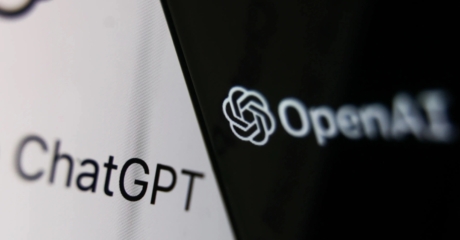University of Southern California Marshall School of Business’ high-end EMBA program is on the more expensive end of the spectrum, offered at $156,000.
Designed for mid-career professionals and senior managers who wish to continue their full-time jobs while receiving an education, USC’s EMBA students have an average of 14 years of work experience. “The type of person who comes into an EMBA program is much further along in their career than the person who comes into an MBA program,” says Randolph Beatty, USC professor of accounting and EMBA academic director. “We are a top-flight academic research place and our faculty are some of the best in the world.”
With an average class size of 65-70 students, the courses delivered every other weekend on Fridays and Saturdays. Since the onset of Covid-19, the program has been delivered online through Zoom. “Surprisingly, this has been a really good innovation for Masterminds. Students can use the breakout rooms for discussions and then share their insights with the rest of the class,” he says.
TEACHING HOW TO ‘THINK STRATEGICALLY ABOUT WHERE A COMPANY IS GOING’

Randolph Beatty
Delivered in 22 months, year one and two each have five ‘themes.’ In the first year, the students are taught how to evaluate market performance, manage operations and technology and information systems, and implement functional strategies. In the second year, students learn about environmental analysis, the role of the senior executive, strategic planning for growth, and managing strategic change.
Beatty says that the eighth theme, strategic planning for growth, is a highlight of the students’ experience at USC. In this theme, students get experience evaluating a merger and acquisition. They get to take everything they’ve learned in their first year and apply it to critiquing the merger and acquisition process. They use a mix of publicly available data as well as actually contacting USC alumni in the companies.
“The EMBA teaches people to think strategically about where a company is going. There are very bright and capable people in this program. Some of the faculty say that they learn just as much from the students,” he says.
Beatty says that the classes are collaborative, involving lots of teamwork and group projects. “This creates an unbelievable bond between the students.”
‘PEOPLE WILL ACTUALLY STOP YOU IN THE STREET TO TALK’
While the course content and high-caliber faculty draw students to study their EMBA at USC Marshall, so does the community. Alumni, affectionately known as Trojans, support one another — even post-graduation.
“If you wear your USC swag, people will actually stop you in the street to talk. I’ve never seen this happen anywhere else,” Beatty says. “Wherever I fly in the world, I wear USC swag because you’ll be shocked at where Trojans exist.”
Beatty recommends that USC EMBA grads stay in touch.
“The benefit of the Trojan family is that you can always find someone who can help you — and they expect to help you,” he says. “Having the ability to contact alumni and ask them about their company before you go into an interview is huge.”
To gain admission into the program, there are four application deadlines each year, with the final being May 1. The school will continue to accept admissions after the deadline, however they will be received as a first-come, first-served basis. An interview is required, as well as two essays. All other application information can be found here.









